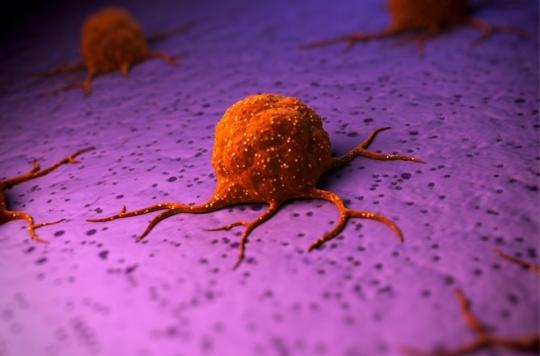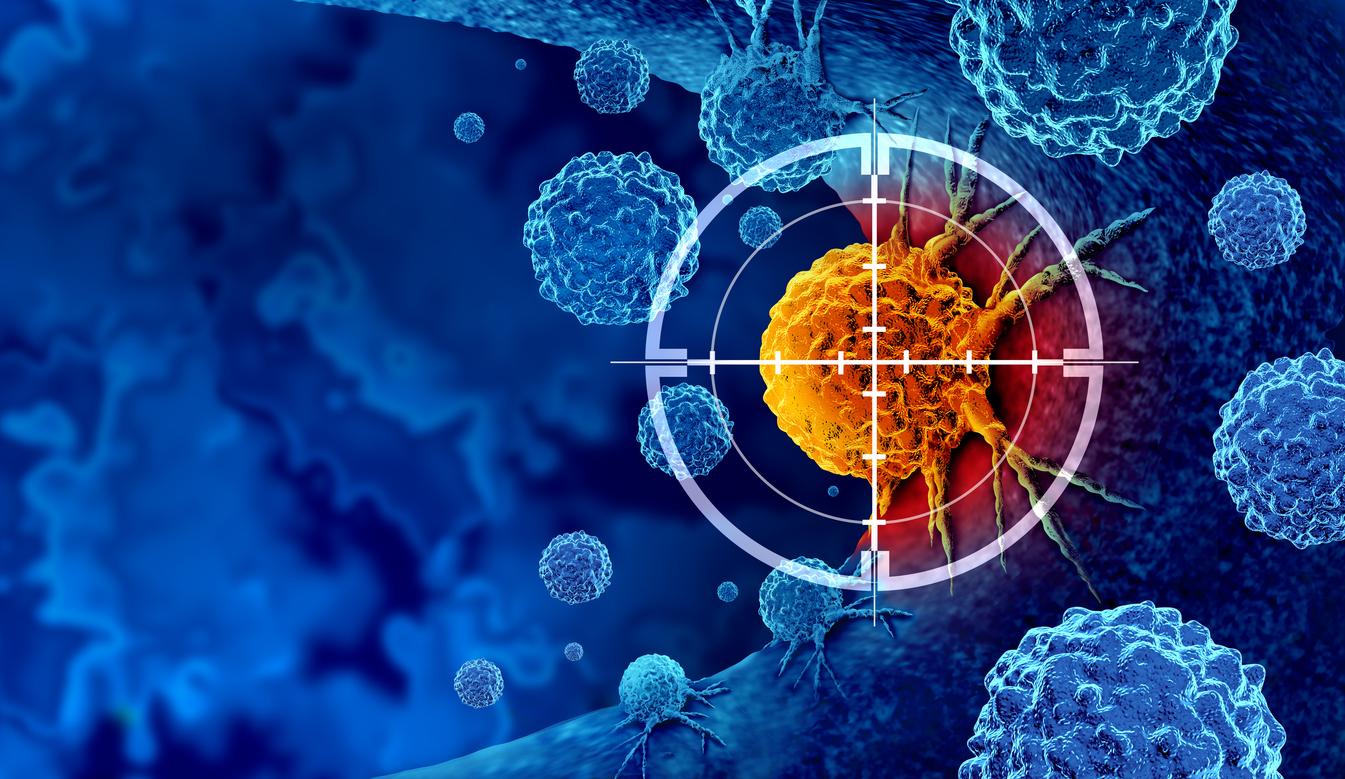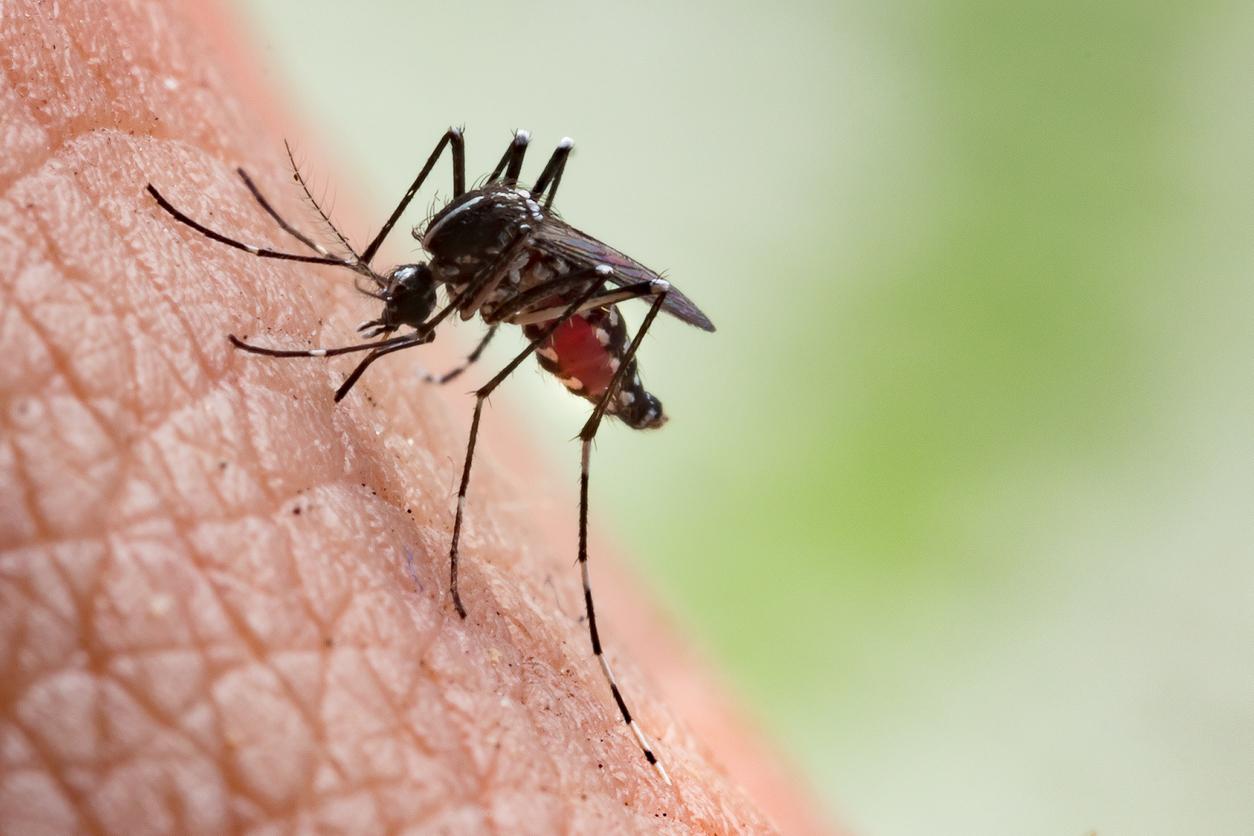Tumors are surrounded by a membrane: to establish themselves in other parts of the body, and thus become metastases, cancerous cells must succeed in piercing it. Strengthening this membrane would prevent the spread of metastases.

- It is by breaking the membrane that surrounds tumors that cancer cells spread and create metastases
- Experiments on this membrane could indicate how to strengthen it and offer a new therapeutic target against metastasis
A cancer is said to be metastatic when the cells of a tumor move to other parts of the body. At this stage, the disease becomes more difficult to treat, although there are many treatment options. American researchers are interested in the formation of metastases, to better understand how to avoid them. In Proceedings of the National Academy of Sciences, they explain that tumors are surrounded by a membrane whose elasticity varies. It traps cancer cells, which are forced to break through to migrate to other parts of the body.
An insufficiently studied material
“We realized that a question had not caught our attention enough until nowsays Ming Guo, lead author of this study and professor of mechanical engineering at the Massachusetts Institute of Technology. To get out, the cells have to break through this membrane. But what are the properties of this material? Do the cells have to work hard to break it?” With his team, he tested the strength of this membrane. To achieve this, they cultured cancer cells, similar to those of breast cancer, in the laboratory, then observed the membranes forming before carrying out different experiments to measure their resistance, in particular by injecting a fluid.
The more the membrane swells, the stronger it becomes
“It is a very simple experiment that can teach you a lotexplains Ming Guo. When you inject air to inflate a balloon, it becomes much larger than its original size. And the more you release that pressure, the smaller it gets, which is the normal behavior of an elastic material, such as a rubber ball.“The membranes have the same behavior when they are inflated artificially, but their resistance is different. Unlike a ball, whose elasticity always remains the same, the more they extend, the stronger they are. For the researcher, this observation proves that the membrane is able to control the growth of cells, and their ability to expand. This observation is on the one hand reassuring: if the membrane became more fragile, the tumor would end up exploding in the body, but also encouraging, as it offers new options for the prevention of metastasis.”We can think of ways to add materials or substances to enhance this hardening effect, and thus increase the resistance of the membrane to prevent cancer cells from breaking through it.” The scientist intends to continue working on the properties of the membranes according to the stage of the cancer, in the hope of one day finding an effective way to strengthen them.

.

















